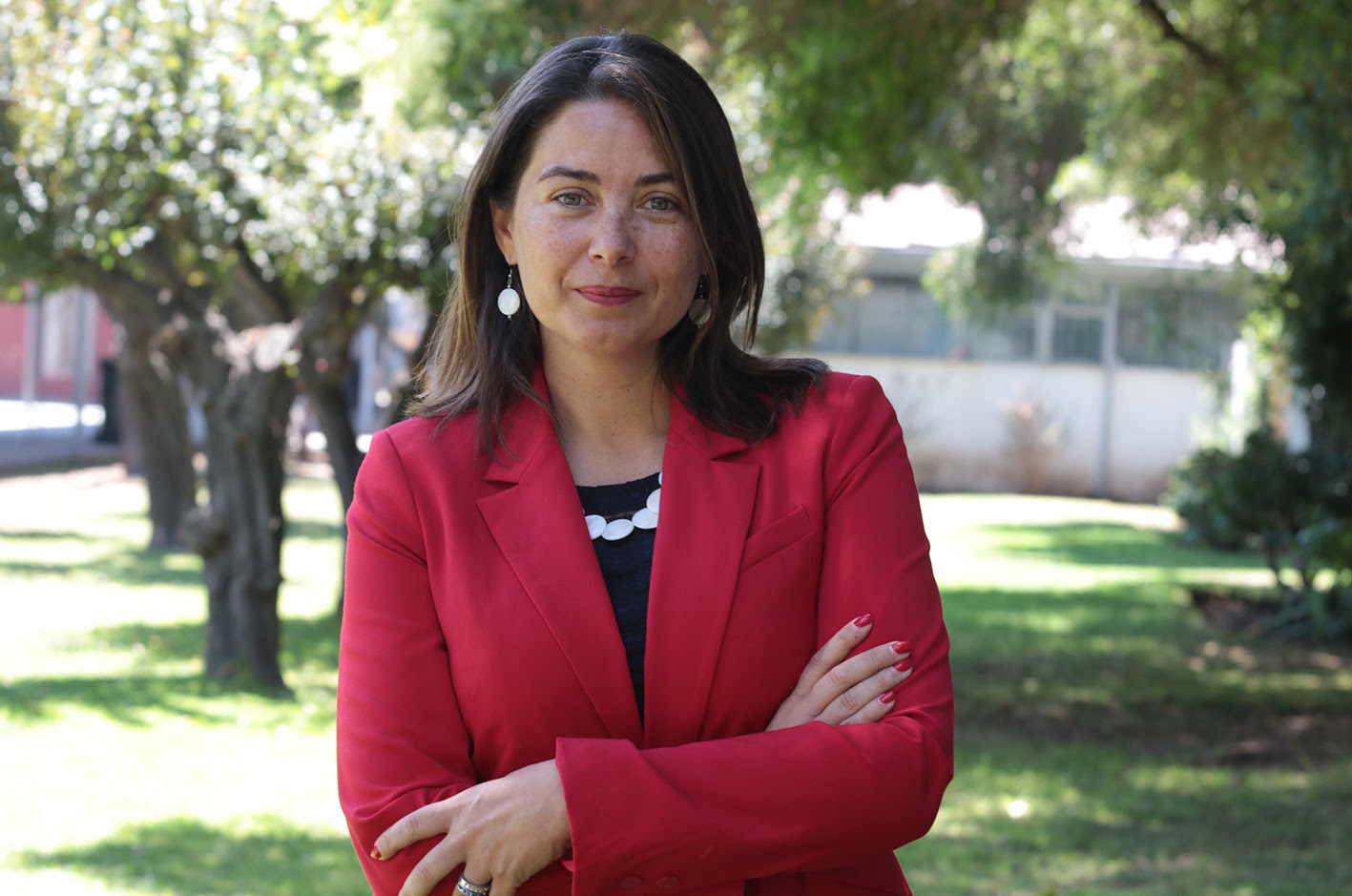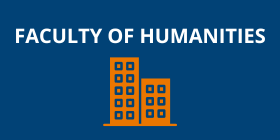Professor Nelson Paulus, moderates the webinar that recalls the 100 years of Max Weber's Economy and Society, in a conversation that included the participation of Dr. Jorge Gibert, Dr. Juan Ignacio Jiménez and Dr. Bernardo Navarrete.
Dr. Lucía Dammert on the second round elections: "The polarization proposed by the extreme right generated a very strong response from the people"
The academic of the Department of Political Studies of the Faculty of Humanities of the University of Santiago de Chile, Dr. Lucía Dammert, referred in the Radioanalysis program of Radio U. de Chile, to the triumph of the candidate of Approve Dignidad, Gabriel Boric. In addition, she reflected and gave some projections about the future government.
During the conversation with the journalist and director of Radio Universidad de Chile, Patricio López, the academic said: "I think there is still a little bit left to really understand what happened yesterday, we know that many people came out to vote, which is an achievement of Chile, of democracy, but it is an achievement that we also saw with great expectation but that cannot always be obtained”.
The professor also considers that the polarization of the right generated a very strong response from citizens: “The fact that eight million people have come out to vote has to do with the strategy of the issues that we have raised, probably also with the territorial work of going out to the citizens, also with the thousands of citizens who called themselves together and who decided to strengthen the command from their own homes, but there is no doubt that the polarization proposed by the extreme right also generated a very strong response from the people".
Regarding the results of this election, the academic says she is satisfied, regarding the relationship they had with the candidate Franco Parisi: “I am very happy with these results because after the first round there was some skepticism. Some analysts even spoke that the country was divided into three. We did not fall into the temptation of that punitive populism and we were very consistent in our relationship with Parisi, establishing a kind of sanitary fence with the issue of pensions, being very careful in our relationship with their voters and recognizing many of their issues.
In relation to the space for dialogue that they must maintain in this future government and integration with other countries, the security expert said: “In the world of globalization, post-Covid, of the climate crisis, it is impossible to think that one is going to save alone. In that sense, our main allies are our neighbors and our government plan prioritizes our role in Latin America, especially in South America”
And she added: "We need to think of the region in the long term with no minor tasks such as the climate and economic crisis and with a leadership that is inclusive."
You can review the note in detail here: bit.ly/3qgAgS7

The academic analyzed the second round presidential elections and highlighted the large amount of electoral participation.









